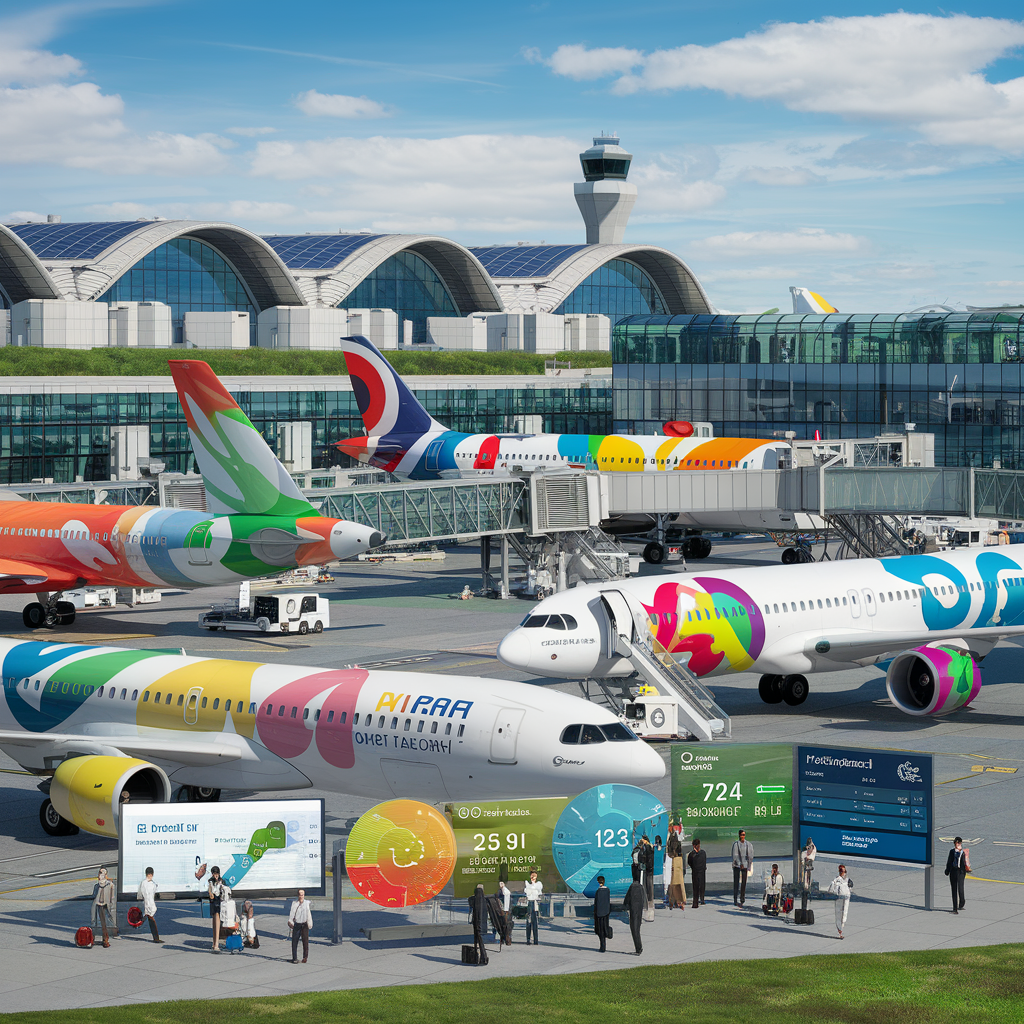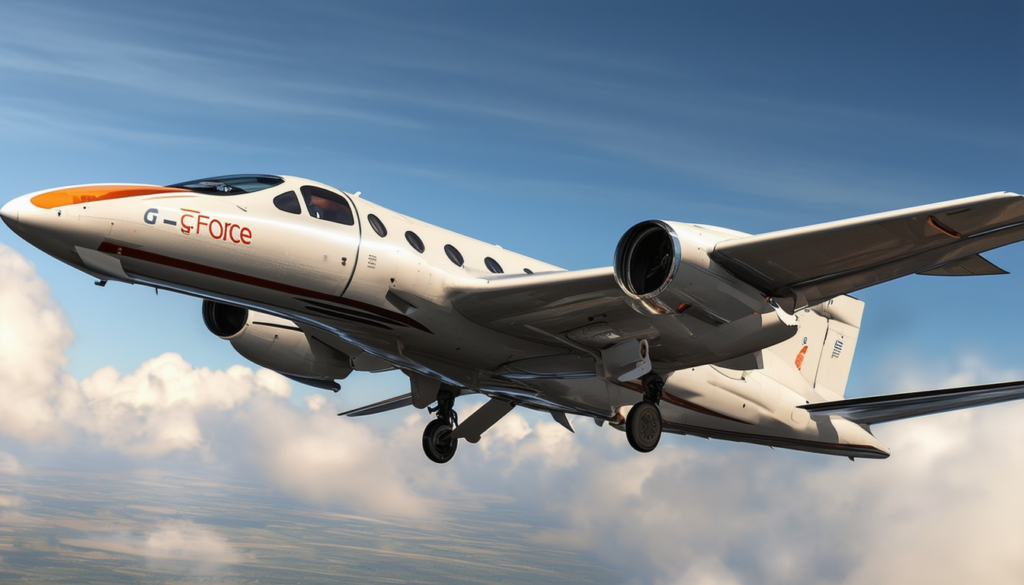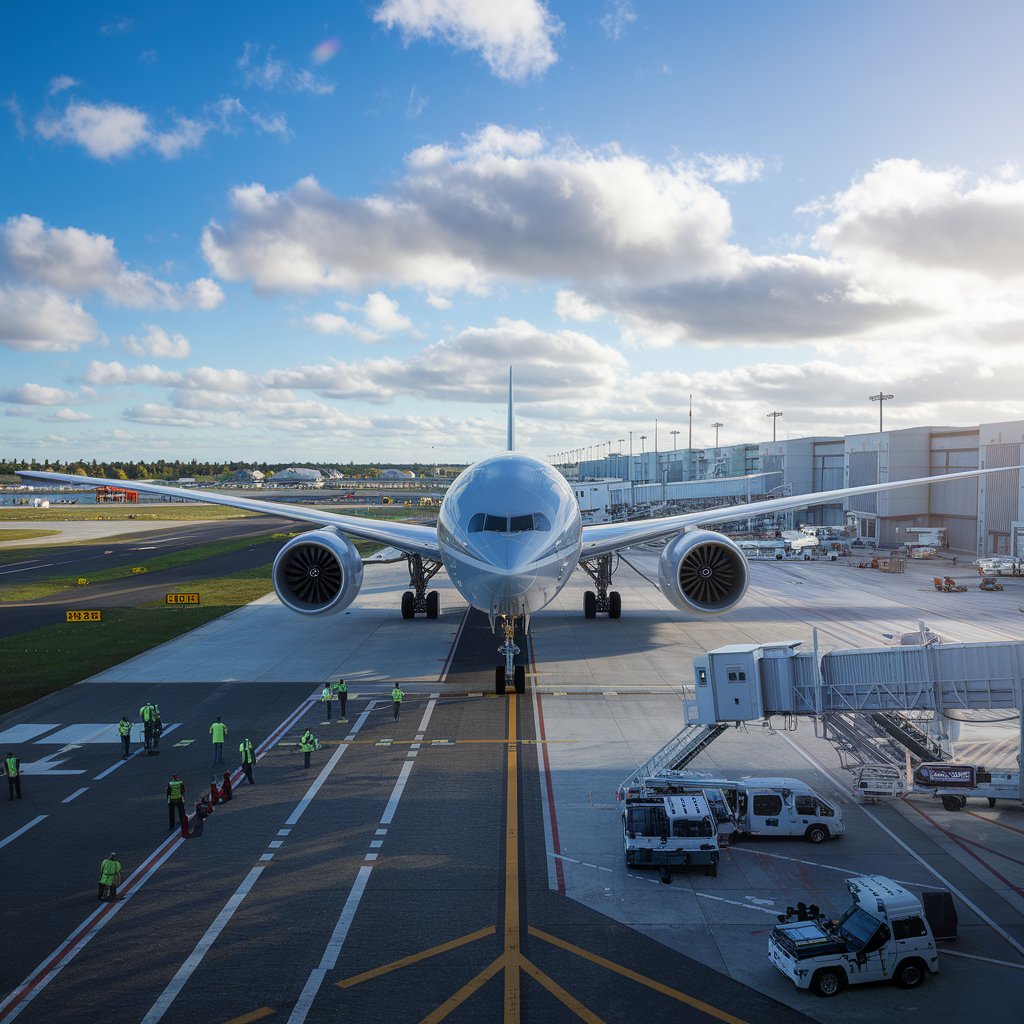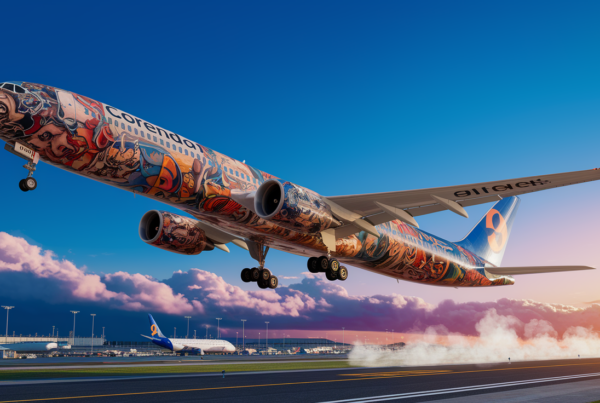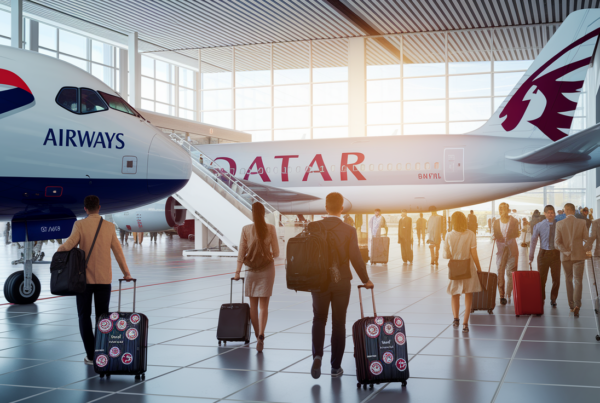Visit practical guide on sustainable fuels explores innovative solutions for the decarbonation in the airline industry. In France, the use of SAF (Sustainable Aviation Fuel) is presented as a major lever for reducing emissions emissions. Thanks to their compatibility with infrastructures these alternative fuels offer significant emissions reductions of up to 100%. Efforts are focused on increasing large-scale production and use, with the ambitious goal of achieving net emissions of zero carbon by 2050, contributing to a sustainable aerodynamic future.
Introduction to sustainable fuels
In a world in search of ecological solutions, aviation is turning to sustainable fuels to reduce its environmental footprint. These fuels, known as "Sustainable Aviation Fuel" (SAF), have already become an inescapable reality for the future of air transport.
What is sustainable fuel?
According to the International Air Transport Association (IATA), a truly sustainable fuel is an alternative biofuel that does not compromise food and water production. Visit synthetic fuels can reduce emissions by up to 100 % compared with conventional fossil fuels.
The different SAF variants
Visit SAF are diversified and include biofuels derived from raw materials such as used oil or agricultural waste. On the other hand, synthetic fuels, also known as e-fuelsare a promising path towards greener aviation.
Decarbonization targets for aviation
By 2050, 70% of the fuels used for flights from the EU will have to be made up of SAFwith a 35% share of synthetic fuels. Through initiatives such as FuelEU Aviation, Europe is taking decisive steps towards cleaner skies.
Current constraints in the airline industry
This sector's share of emissions has doubled in France over the past 25 years. Faced with this situation, the use of alternative fuels and increased carbon pricing is essential to limit environmental impact.
Global and European initiatives
Airbus, a pioneer in the search for sustainable solutions, is exploring new avenues for a kerosene-free future, paving the way for a future where aircraft fly thanks to non-fossil fuels.
Airline efforts
Like IATAwhich criticizes excessive taxes, companies are increasingly issuing carbon offsetting to stabilize their environmental footprint.
Market outlook and trends
Within the next few decades demonstration flights using sustainable fuels will become the norm. Current developments show that we are only scratching the surface of what is possible.
New partnerships and innovations
The efforts of military sector The Norwegian biofuel project demonstrates the crucial collaboration between the civilian and military sectors. This synergy could be the key to accelerating the adoption of SAF and stimulate major innovations.

Comparison of Sustainable Aviation Fuels
| Sustainable Fuel Type | Special features |
| SAF (Sustainable Aviation Fuel) | Reduces emissions by up to 80 % |
| E-fuels | Synthetic fuels from renewable resources |
| Biofuels | Derived from organic matter, often plants |
| Recycled frying oils | Reusing used oil to produce fuel |
| Synthetic Fuels | Laboratory-produced with high energy efficiency |
| Hydrogen | Clean combustion, no CO2 emissions |
| Bioethanol | Fermentation product of plant cultures |
| Methanol | Liquid fuel produced from biomass |
| Algofuels | Made from fast-growing microalgae |
| Renewable Natural Gas | Alternative derived from the decomposition of organic waste |
On the same theme
Heathrow revitalizes airline sustainability benchmarking
Heathrow Airport is relaunching its initiative to rank airlines in terms of sustainability. Through this initiative, Heathrow is encouraging airlines to adopt more environmentally-friendly practices. The aim is to encourage more environmentally-friendly aviation, by...
Everything you need to know about G-forces in aviation: a practical guide
Welcome to this practical guide to G-force in aviation! Find out all you need to know about this fascinating phenomenon that influences bodies and machines in flight. Get ready to dive into the world of...
Boeing postpones start-up of 777X program
Development of the Boeing 777X, promised to be the future of aviation, has been delayed yet again. Initially scheduled for 2020, the flagship aircraft has been postponed, with a new delivery date set for 2026. The very long-range version, the 777-8 freighter,...

